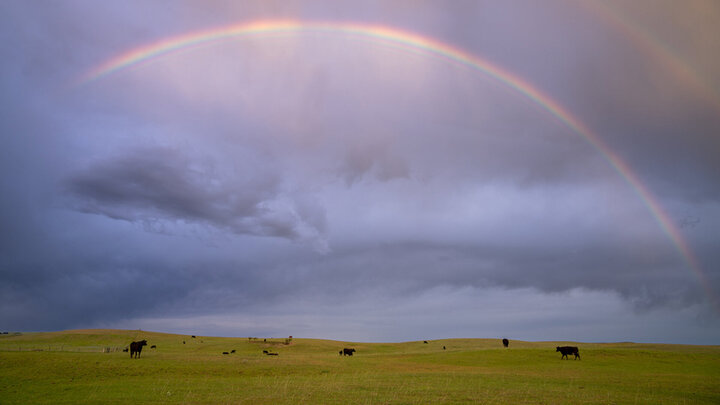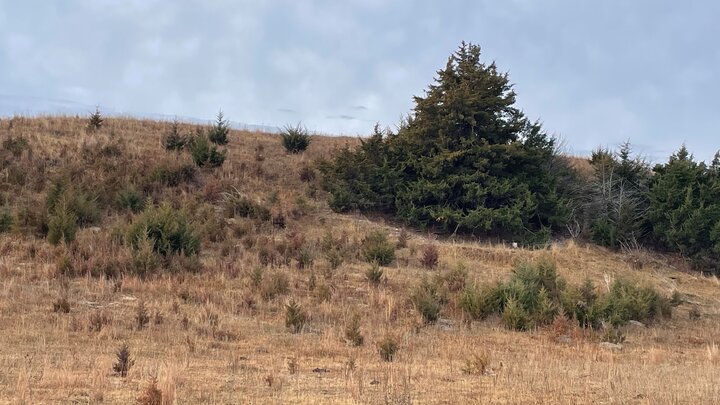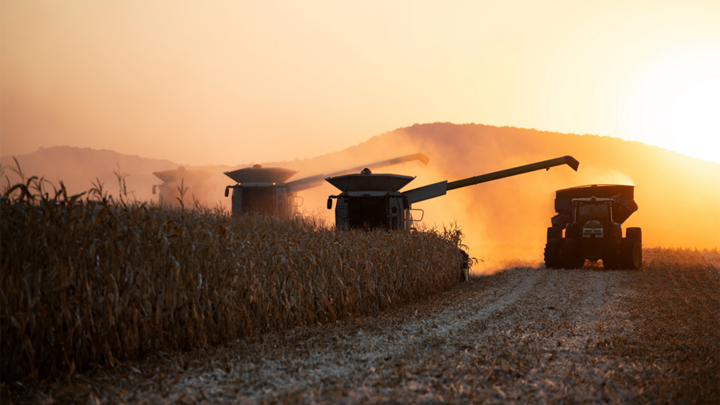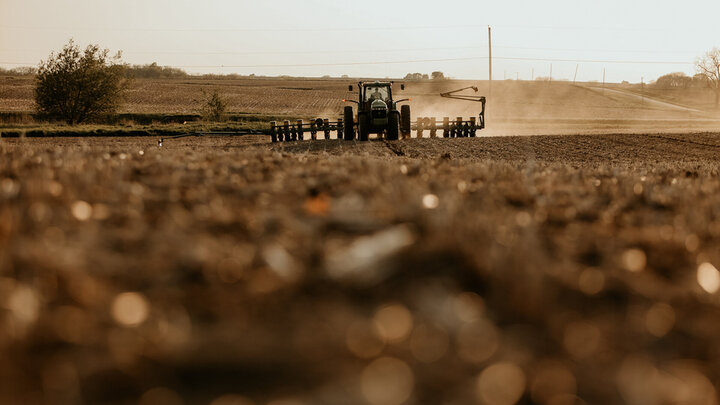“Every day when I would leave for work, and again when I would come home, I would walk past our key basket at the front door and see his keys in there. Walking past that basket was this constant little reminder that he was deployed, (physically gone), you know, overseas, but he was always here with me, (psychologically present), in my thoughts.”
A colleague of mine shared this story with me about her personal experience embracing change and coping with an ambiguous loss during her spouse’s deployment in 2010. Hearing that story got me thinking — what are those transitions, those moments, that give us that same feeling? And especially when we're looking at big changes, like what happens when there isn't anyone willing to take over the farm or ranch?
In my work with agricultural families, I’m increasingly encountering a difficult but growing reality: many farms and ranches today have not identified a successor from within their family. This absence of the next generation can simultaneously simplify some aspects of estate planning while deeply complicating others, particularly the emotional side of grieving the end of era.
This article marks the beginning of a new series aimed at helping farm and ranch owners who are facing this crossroads. Over the coming articles, I’ll explore essential steps such as the legal documents you’ll need, identifying suitable non-family successors, and tools that can make the transition smoother. While I’m not sure yet how many articles this series will include, your questions and feedback will help shape its direction, I do know where I want to begin: with the emotional toll that this situation can take.
For many, the idea of not passing the family operation on to a family member isn’t just a logistical transition, it’s a deeply personal loss.




